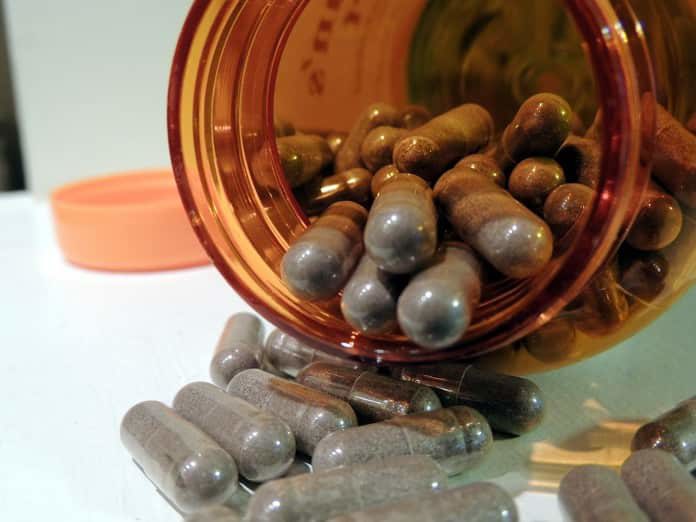Recent studies in mice have raised fears about carcinogenic effects associated with Ginkgo biloba consumption. In response, researchers in Italy have recently carried out an investigation on the safety of Ginkgo biloba use in humans.
The leaves and seeds of Ginkgo biloba have been used as a traditional treatment for respiratory and cardiovascular issues for thousands of years. Nowadays, Ginkgo biloba leaf extract (GBLE) is one of the most commonly used supplements around the world, with the majority of its use seen in the treatment of cognitive impairment. There are several hypotheses for GBLE’s mechanism of action. The majority of its therapeutic effects on memory are attributed to antioxidant activity, inhibition of caspase-3 activity, and anti-amyloid activity. Other mechanisms, such as inhibition of platelet activation and modulation of neurotransmitter pathways, have also been proposed.
Does Ginkgo Biloba Cause Cancer?
Use of Ginkgo biloba is generally well-tolerated, with little evidence of adverse drug reactions. However, a recent report published by the US National Toxicology Program has suggested that GBLE may be carcinogenic in mice. Rodents exposed to GBLE reported an increased incidence of thyroid and liver cancers. This is surprising, as previous research has not yielded any substantial evidence to suggest carcinogenicity in humans. Nevertheless, a research team in Rome carried out a study to evaluate both the clinical and genomic safety of treatment with Ginkgo biloba. Their work was published in BMC Complementary and Alternative Medicine earlier this year.
In this multi-centre randomized trial, 47 elderly nursing home residents took oral doses of Ginkgo biloba or placebo twice daily for a period of six months. The patients were assessed at the start and end of the study for adverse reactions, liver injury, and DNA damage. Several genomic assays were also performed, testing the gene expression of c-myb, p53, and ctnnb, which are implicated in several cancers when mutated.
No Significant Risks Found
At the end of the treatment period, the patients who had taken GBLE showed no markers of adverse reactions or liver injury. The level of DNA damage, as measured by micronuclei and alkaline comet assays, was not found to be significantly different between the treatment and placebo groups. Likewise, there was no significant difference between the expression of the three genes being assayed between groups.
The measurement of multiple markers of clinical and genomic safety in this study provided a comprehensive assessment of possible risk factors associated with Ginkgo biloba treatment. The enrolment of elderly participants from nursing homes also provided two major benefits. Firstly, it simplified the long-term standardization of their diets, which is often a challenge in these sorts of studies. Secondly, it provided clinical data from a group often neglected in clinical safety studies. However, drawing from this demographic also had its challenges, as many more participants than expected withdrew from the study due to advanced age.
Overall, the study showed no significant clinical or genomic risks associated with Ginkgo biloba consumption after a treatment period of six months. The authors recommend this sort of multiple endpoint analysis when researching conditions with both clinical and genomic components.
Written by Agustin Dominguez Iino, BSc
Reference: Bonassi et al. Clinical and genomic safety of treatment with Ginkgo biloba L. leaf extract (IDN 5933/Ginkgoselect®Plus) in elderly: a randomised placebo-controlled clinical trial [GiBiEx]. BMC Complement Altern Med. 2018 Jan 22;18(1):22. doi: 10.1186/s12906-018-2080-5.



